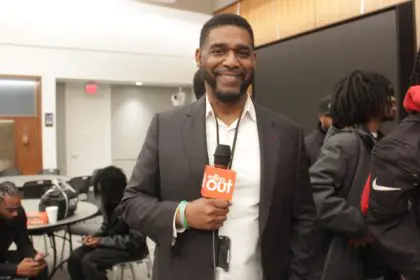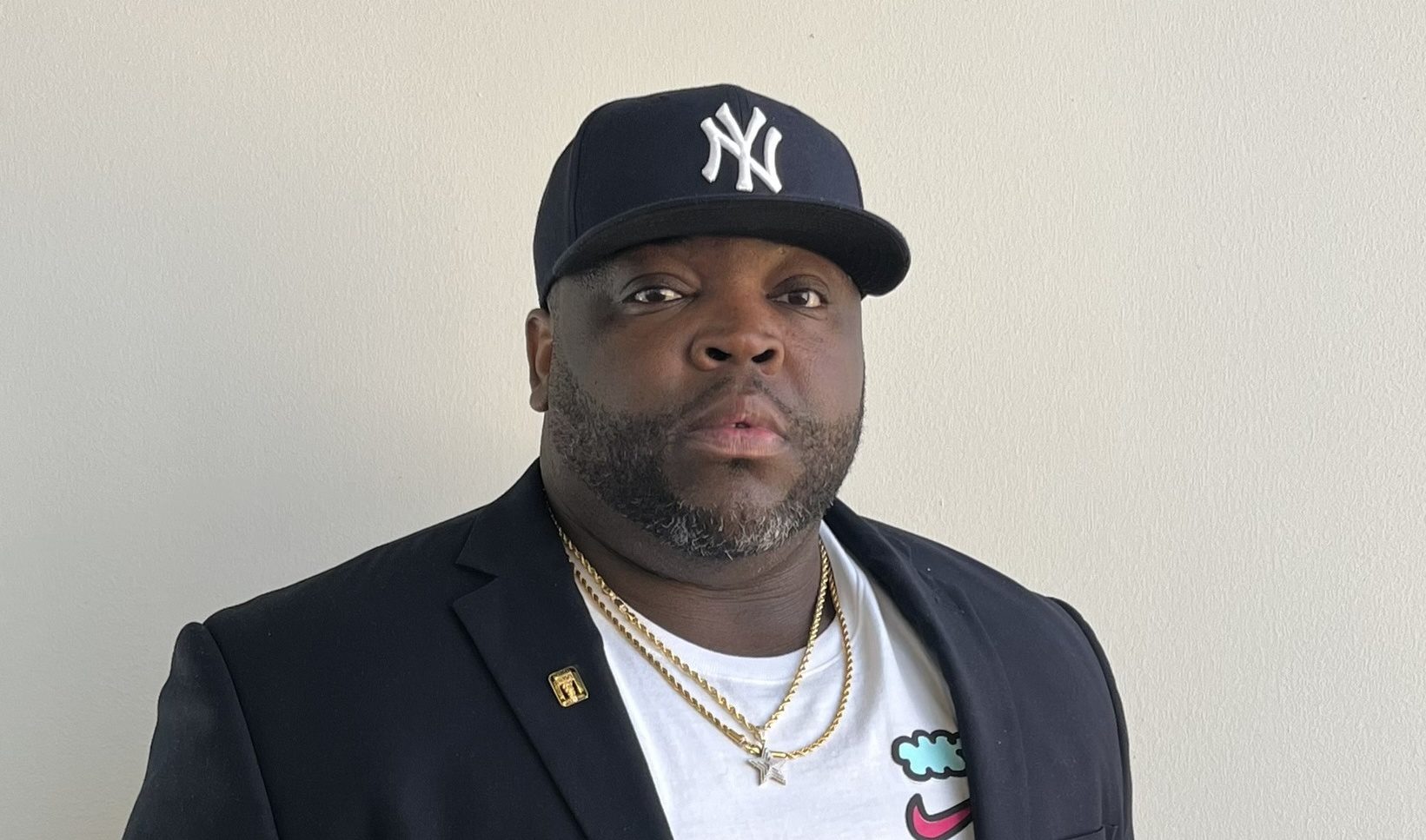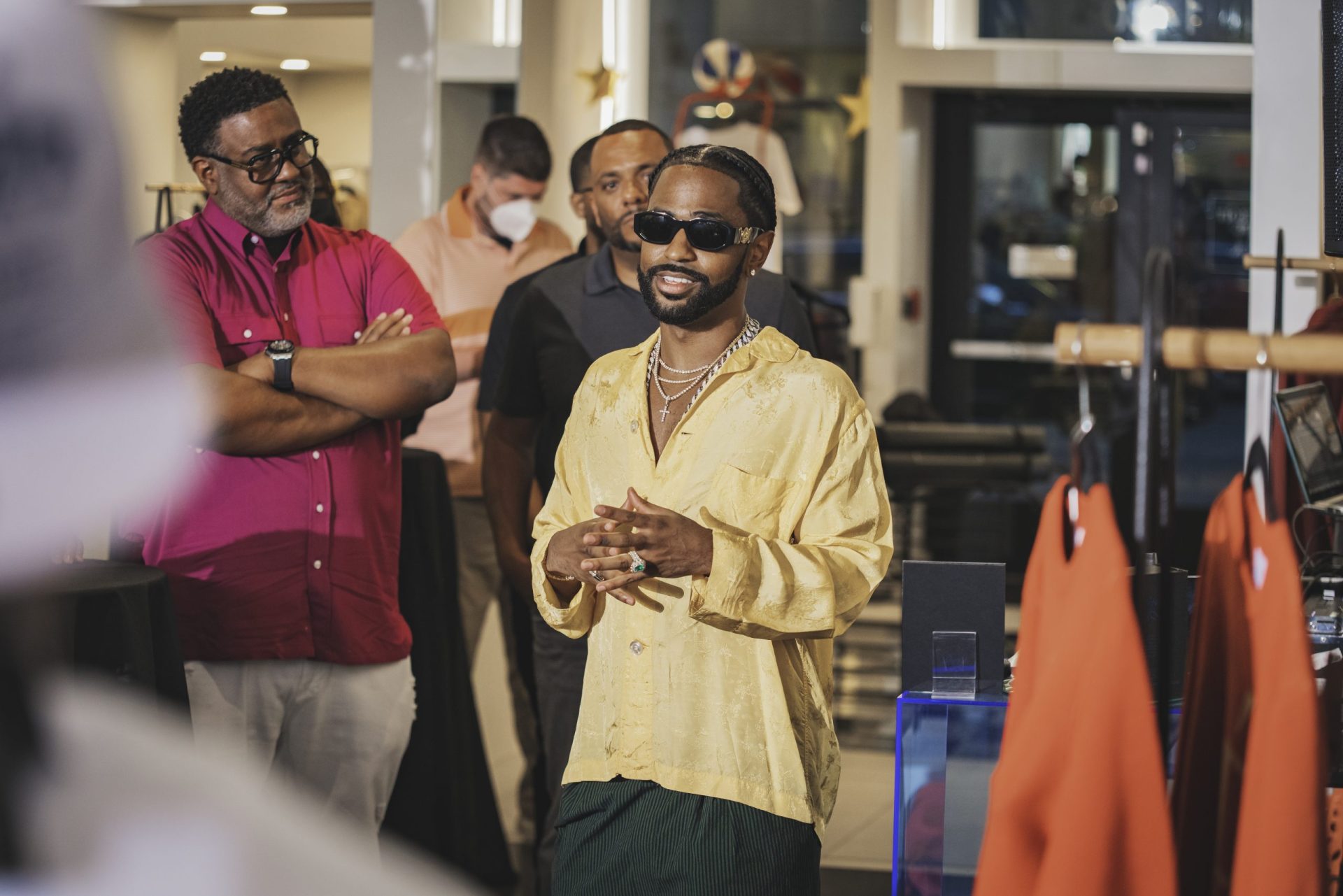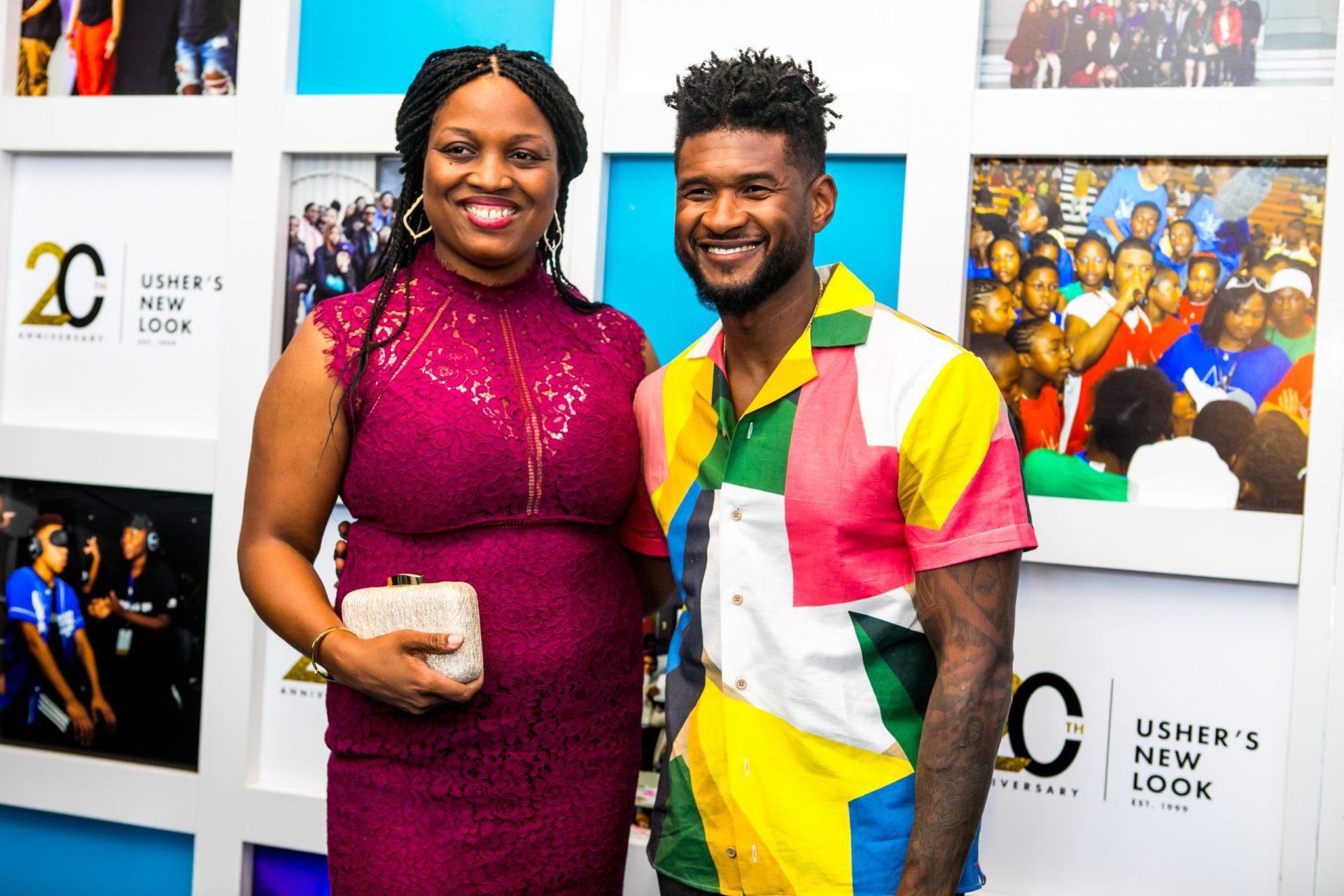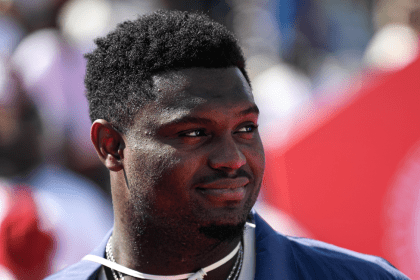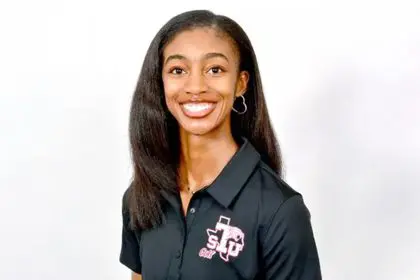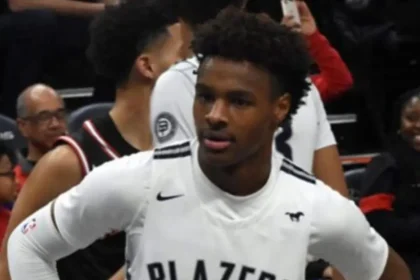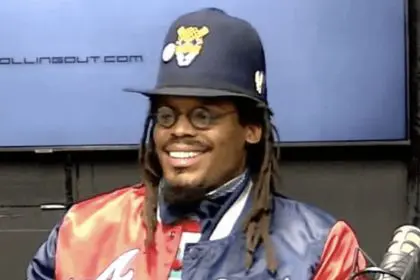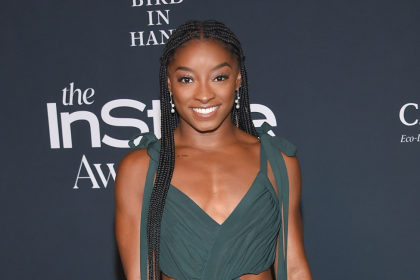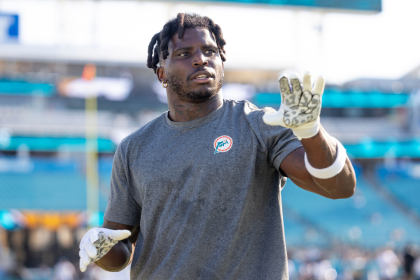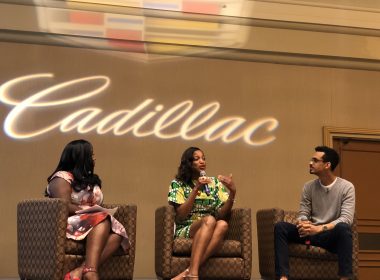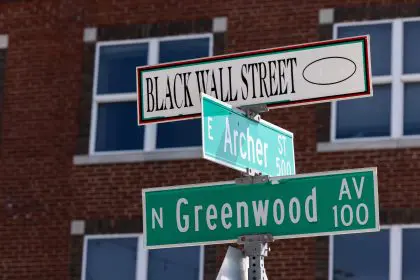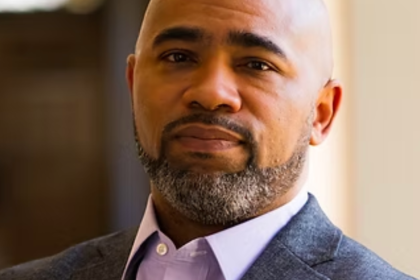
Sean James developing student-athletes because leadership doesn’t stop when the game ends
Bullying has become an epidemic in our country that affects everyone, but seems to take an even heavier toll on our children. Unfortunately, although our society acknowledges the severity of the bullying epidemic, real focus on the issue only tends to occur when a tragedy such as suicide occurs, and then in a week or two it just fades away.
The social landscape of most schools is one where students divide themselves into cliques or categories. Athletes have always been at the top of that food chain. Our love of sports and the school spirit that they spark, are what give student-athletes, especially football players, the social status they enjoy and that evades so many victims of bullying. Sports build tremendous camaraderie and friendships among teammates. As such, athletes tend to socialize with each other when they have time and their cliques are inevitably among the most enviable of which to be a part. I believe that what we must teach these students that along with their high level of popularity, comes an equally high level of responsibility to their peers. By giving student-athletes a way to be true leaders off the field, we instill in them a sense of accountability and pride in themselves, as well as a stronger bond with their school community.
Growing up as a student-athlete, I have a keen awareness of the privileges that exist among athletes within a school community. I grew up as an African American kid in an almost all-White suburb in the Midwest. I heard the N-word now and again, but for the most part, I was spared. I was spared from that, and bullying in general, for one simple reason: I was an athlete. It had nothing to do with my intelligence, or loyalty as a friend — just the fact that I could perform on the field. It has never escaped me that my status as an athlete afforded me many opportunities, one of them being a bullying-free childhood experience. It is for this reason that I think it is so vital that athletes pay that status forward. As student athletes, we are exempt of the scrutiny and much of the judgment our peers face because when people in our schools communities look at us they see winners — as the ones who win for their team — the ones who won for them! We benefit from their perception, so it is our responsibility to extend that benefit to others. I think it is important to point out here that my experience does not mean that I believe athletes never get bullied. Take, for example the case of Jonathan Martin being bullied by Richie Incognito while they were players for the Miami Dolphins. However, while it is true that both professional and student-athletes can in fact fall victim to bullying, they still can serve as leaders within their communities.
As an athlete myself, I understand the extent to which professional athletes are seen as role models and pillars of their communities. It is for this reason that I decided to create the Ballers Club, and in so doing, bring that same concept of athletes as role models to the student-athlete level. The Ballers Club is the newest of Be In The Know’s programming. The Ballers Club is a high school program created in order to engage student athletes in the fight against bullying with a buddy program that works through mentorship and leadership that teaches our students how to help each other thrive. We carefully chose the name for this program by considering the goals and foundations on which it is based. BALLERS is an acronym that stands for Buddies, Athletes, Leadership, Legacy, Education, Responsibility, Students. Schools who participate in The Ballers Club encourage their student-athletes to set the tone of acceptance for their communities and set an example for others. The goal of the Ballers’ Club is to teach student athletes that along with their popularity comes responsibility and a civic duty to their peers. By bringing buddies into the Ballers’ Club as peers, student-athletes show their school community that their buddies are accepted as one of their own, and this acceptance is what will begin to shift the paradigm of bullying in their school.
We need to be vigilant in working proactively to fight bullying every day of the year, and we can do that through education-that is what Be In The Know About Bullying and the Ballers Club are about. We all have the ability to be upstanding in our communities in our own way. This is why I continue to expand Be In The Know About Bullying and why I am so honored to be a part of an organization like Athlete Ally. We want to educate children and the adults who guide them on how to be positive members of their communities and how to be kind. That is how we begin to root out bullying from its source! Be In The Know has 105 NFL ambassadors. To get involved, visit www.knowaboutbullying.com.
–sean james

